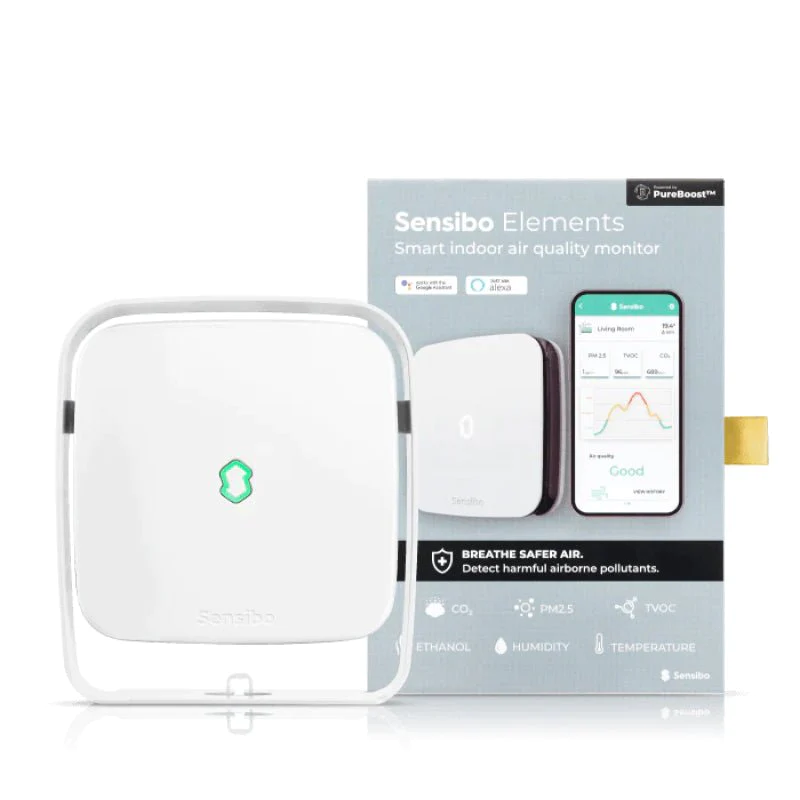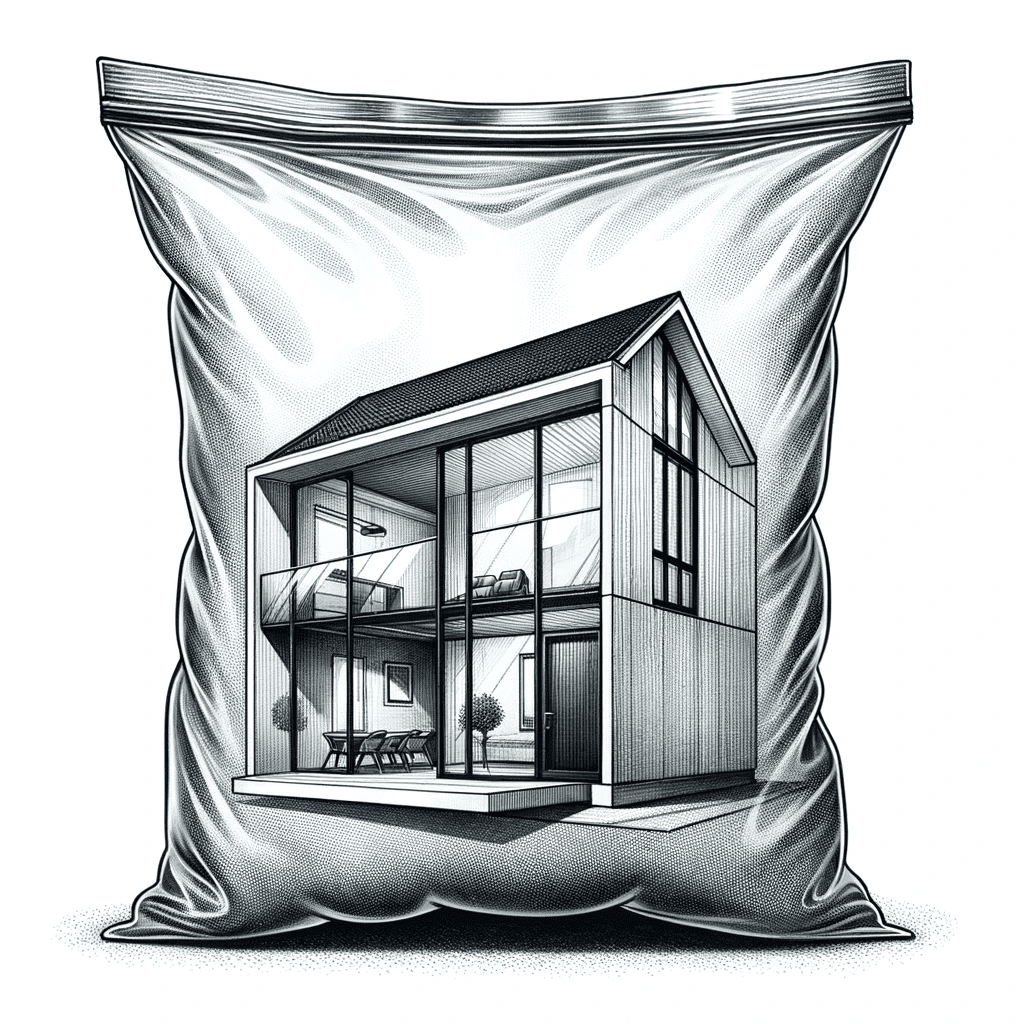Imagine stepping into your basement and taking in a fresh, clean breath. That’s not the case now, is it?
For most homeowners, the basement often becomes a neglected area that silently succumbs to dampness, mold growth, and poor ventilation, all contributing to compromised basement air quality.
As you retreat indoors during these unprecedented times, the significance of healthy indoor air quality has soared.
Your home is your sanctuary; every part, including the basement, should contribute to your overall wellbeing. It’s more important now than ever to enhance the air quality in your basement, ensuring it doesn’t harm your health or compromise your comfort.
Your family’s health, the value of your home, and the overall enjoyment of your living space hinges on the air you breathe.
Let’s dive into the world of better basement air quality, learning why it’s crucial and exploring actionable ways to achieve it.
Understanding Basement Air Quality
Your basement air quality refers to the level of pollutants in your basement’s air. This may include allergens, mold spores, radon, or volatile organic compounds (VOCs).
- Detect the current state of your air quality. Use an air quality monitor or engage a professional service.
- Identify possible sources of pollution. Look for damp areas, poor ventilation, or stored chemicals.
- Analyze your home’s ventilation system. Ensure it is functioning correctly and promoting air exchange.
When these pollutants accumulate, they affect the air in your basement and can seep into the upper levels of your home, deteriorating the overall indoor air quality.
The Impact of Poor Basement Air Quality
Poor basement air quality can have a ripple effect on your health and your home’s integrity.
- Worsen allergies and respiratory issues. High allergen or mold levels can trigger or exacerbate existing health conditions.
- Impact structural integrity. Damp conditions often lead to mold and mildew, causing harm to your home’s foundation and furnishings.
- Decrease home value. A damp, musty basement may dissuade potential buyers
Steps to Improve Your Basement Air Quality
Ready to breathe easy in your basement?
Here are effective strategies to enhance your basement air quality:
Ensure Proper Ventilation
Ventilation is key in maintaining good air quality in any enclosed space, including basements.
- Install an exhaust fan. This aids in removing stale air and promoting air circulation
- Use a dehumidifier. Dehumidifiers help in reducing the moisture level, thus preventing mold growth
Control Moisture Levels
High humidity and dampness are often the culprits behind poor basement air quality.
- Address leaks and dampness immediately. Regularly check for leaks in your basement and repair them promptly
- Install a vapor barrier. Vapor barriers can keep ground moisture from seeping into your basement
Regular Cleaning and Maintenance
Keeping your basement clean can go a long way in ensuring good air quality.
- Conduct routine basement cleaning. Regular cleaning can help reduce dust and allergens
- Inspect and maintain HVAC system. Regular inspection can help catch issues early and ensure the system is working efficiently
Invest in Air Purifiers
Air purifiers can provide an extra layer of defense against airborne pollutants.
- Choose an air purifier with a HEPA filter. These filters are effective at trapping small particles, including allergens and mold spores
- Position your air purifier correctly. Placement is key to ensure the air purifier is effective
Utilize Plants to Improve Air Quality
Certain houseplants are known to purify the air, making them a natural solution to enhance your basement air quality.
- Choose plants that are known to clean air. Some options include spider plants, snake plants, or peace lilies
- Ensure they receive sufficient light. Even if your basement has limited natural light, consider using LED grow lights
Reaping the Benefits of Good Basement Air Quality
With improved basement air quality, you can now enjoy a healthier, fresher living environment.
You’ll also notice a decrease in allergy symptoms and respiratory issues, an increase in your home’s value, and an overall more pleasant home atmosphere.
In the battle against poor indoor air quality, every step counts. Start improving your basement air quality today. Remember, the air you breathe matters, not just for your comfort but also for your health. Breathe easy, live well.
You can make your basement air healthy by ensuring good ventilation, controlling moisture levels, and regularly cleaning your basement. You might also want to use air purifiers and keep air-purifying plants.
Yes, air purifiers work well in basements. They help remove pollutants and allergens from the air, improving overall air quality.
You can filter the air in your basement by using air purifiers, particularly those with HEPA filters. Regularly replacing filters in your HVAC system can also help keep the air clean.
The air might feel heavy in your basement due to high humidity or poor ventilation. This can lead to a buildup of damp, stale air. Using a dehumidifier or improving ventilation can help alleviate this issue.





